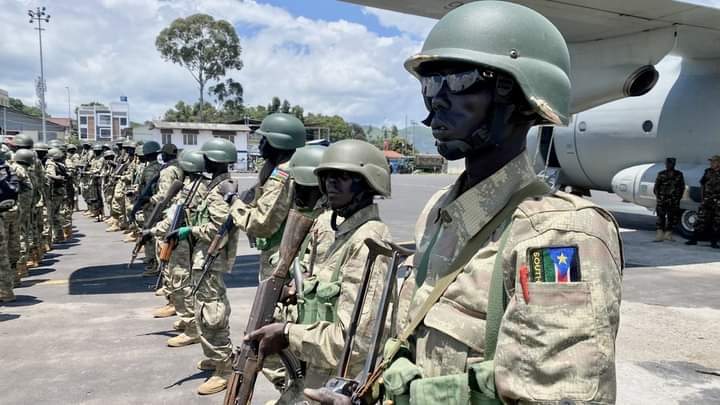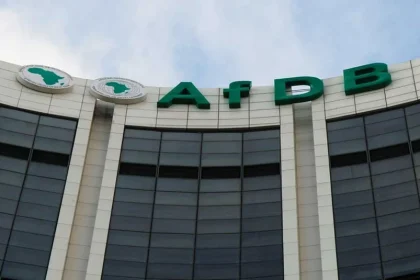Amid mounting concerns over human rights violations and the erosion of democratic freedoms, South Sudan is embroiled in controversy following the automatic enforcement of a highly contentious security law. The law, which allows for the arrest of individuals without warrants, has stirred widespread condemnation from both local and international observers.
The bill, which was presented to President Salva Kiir on July 12, bypassed the president’s approval and became law “automatically” under the country’s constitution after a 30-day delay.
This development has sparked outrage among human rights activists and elicited criticism from several foreign envoys, including representatives from the United States and Britain.
The enactment of this law has raised alarm bells among various stakeholders, particularly in the lead-up to South Sudan’s first election under the transitional government on December 22. The delicate political landscape in the aftermath of a debilitating civil war, which claimed the lives of nearly 400,000 people, further underscores the gravity of this situation.
Yasmin Sooka, chair of the UN Human Rights Commission in South Sudan, expressed grave concerns regarding the implications of the new law, emphasizing that it could lead to a surge in arbitrary detentions and enforced disappearances.
Her urgent call for the review and revision of the law to align with democratic principles resonates deeply with those who advocate for the protection of civil liberties in the embattled nation.
The repercussions of this controversial legislation extend beyond domestic implications. The standoff between the government and opposition groups, who were not part of the 2018 peace deal, is exacerbated by the contentious nature of the security law, posing a significant hurdle to ongoing negotiations and reconciliation efforts.
The widespread apprehension and resistance toward the new law are underscored by the commitment of local rights groups, such as the Center for Peace and Advocacy, to challenge its legality in court.
Executive Director Ter Manyang Gatwech’s unequivocal stance reflects the deep-seated concerns over the potential consequences of the law and highlights the urgency of addressing this critical issue.
In light of these developments, international stakeholders, including the US State Department, have emphasized the imperative for the South Sudanese transitional government to swiftly establish an environment conducive to open expression and the free exchange of ideas.
The urgency of this plea underscores the broader international repercussions of this controversy and the deep-rooted commitment to upholding fundamental democratic values.
As South Sudan navigates the complexities of its post-conflict landscape and endeavors to chart a path toward sustainable peace and democracy, the enforcement of the security law has emerged as a flashpoint, sparking an impassioned debate about the country’s future trajectory and its adherence to international norms and standards.
The impact of this contentious legislation cut across South Sudan and beyond, raising profound questions about the compatibility of the law with international commitments and the fundamental rights of the South Sudanese people.
The outcome of this critical impasse will invariably shape the trajectory of the nation as it seeks to consolidate peace and democratic governance in the wake of protracted conflict.




